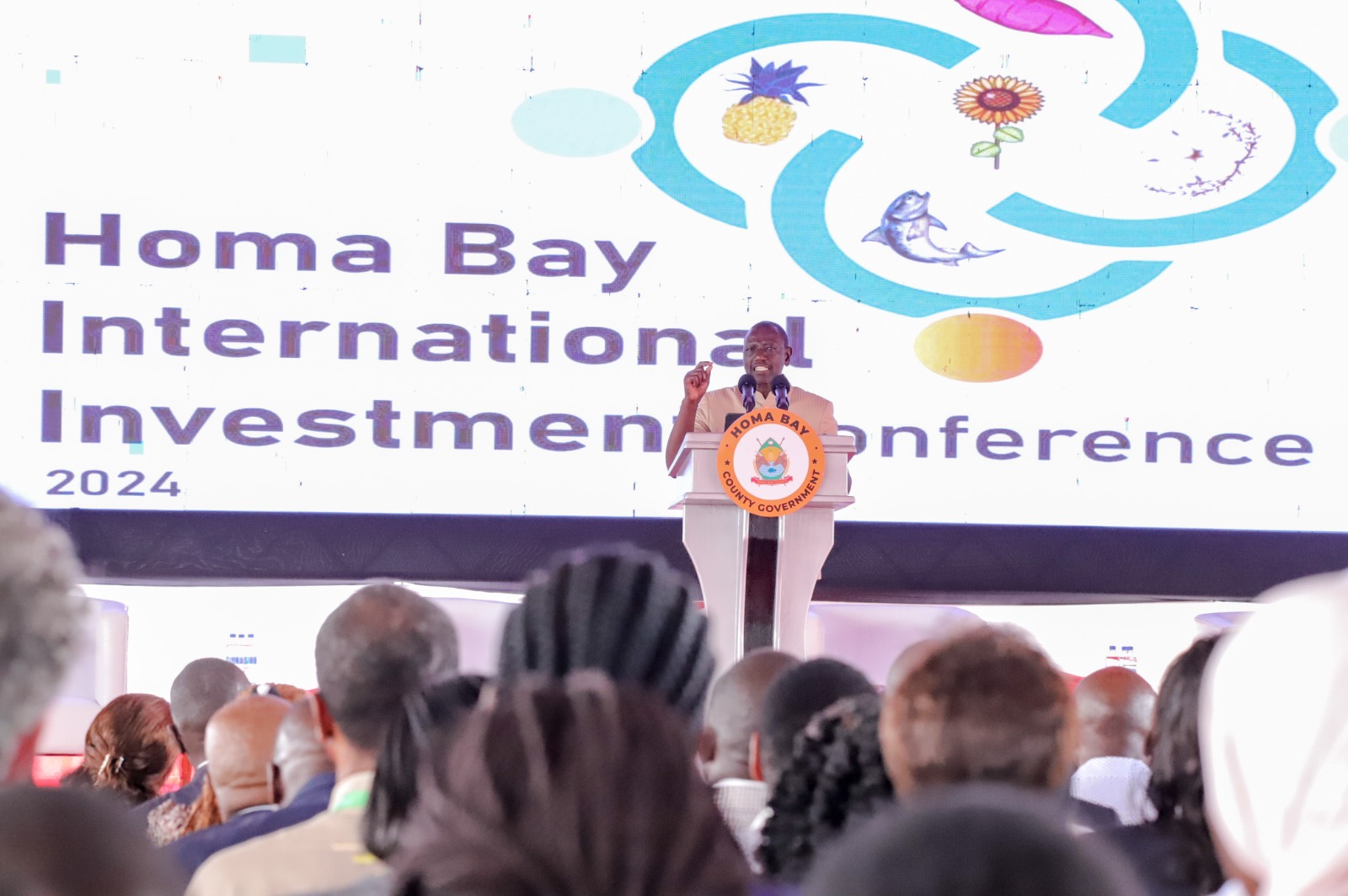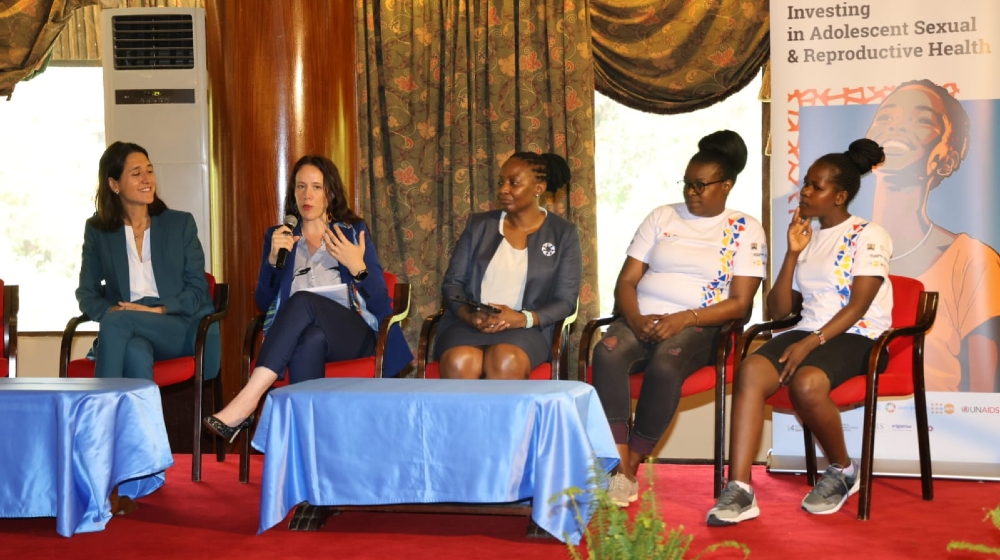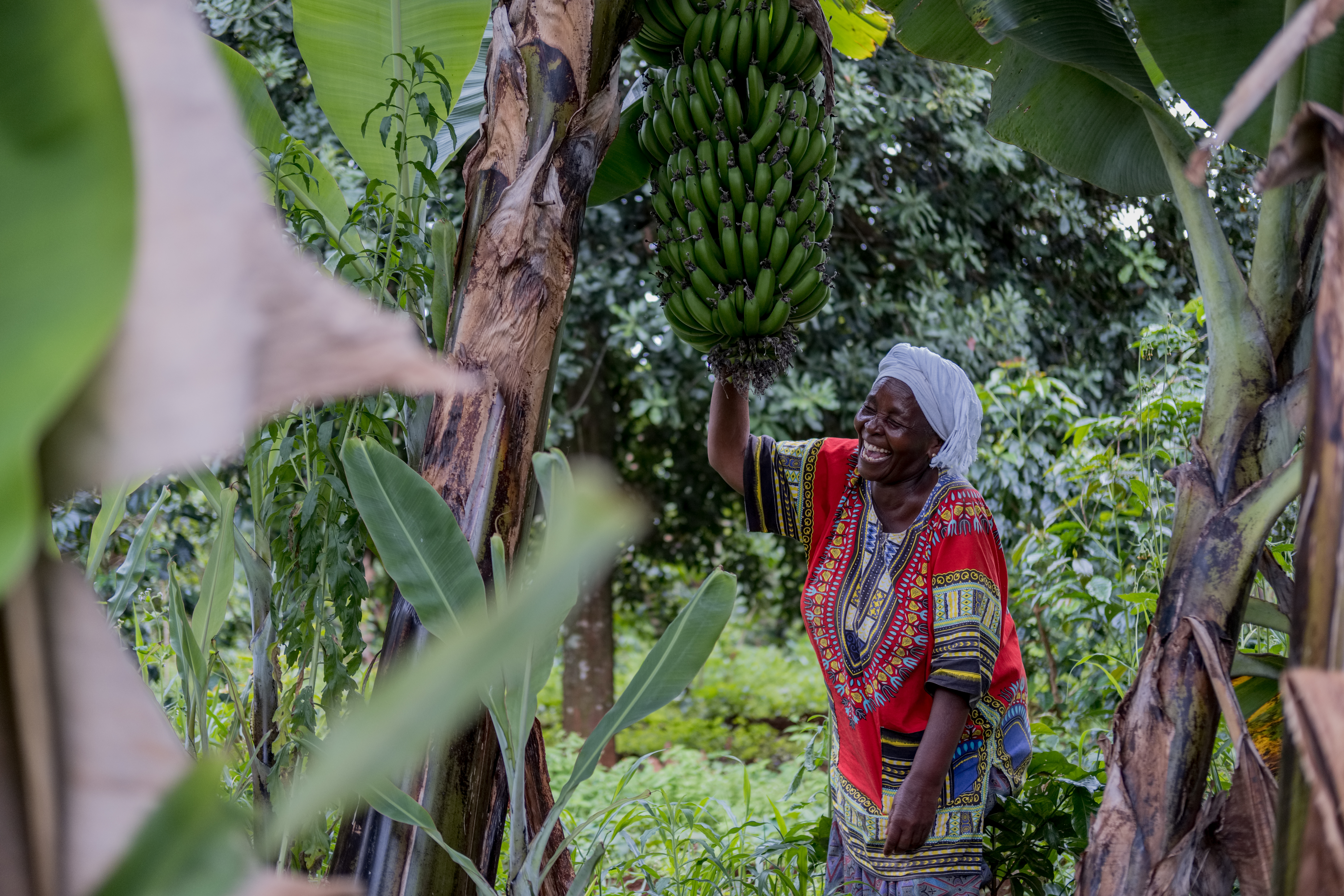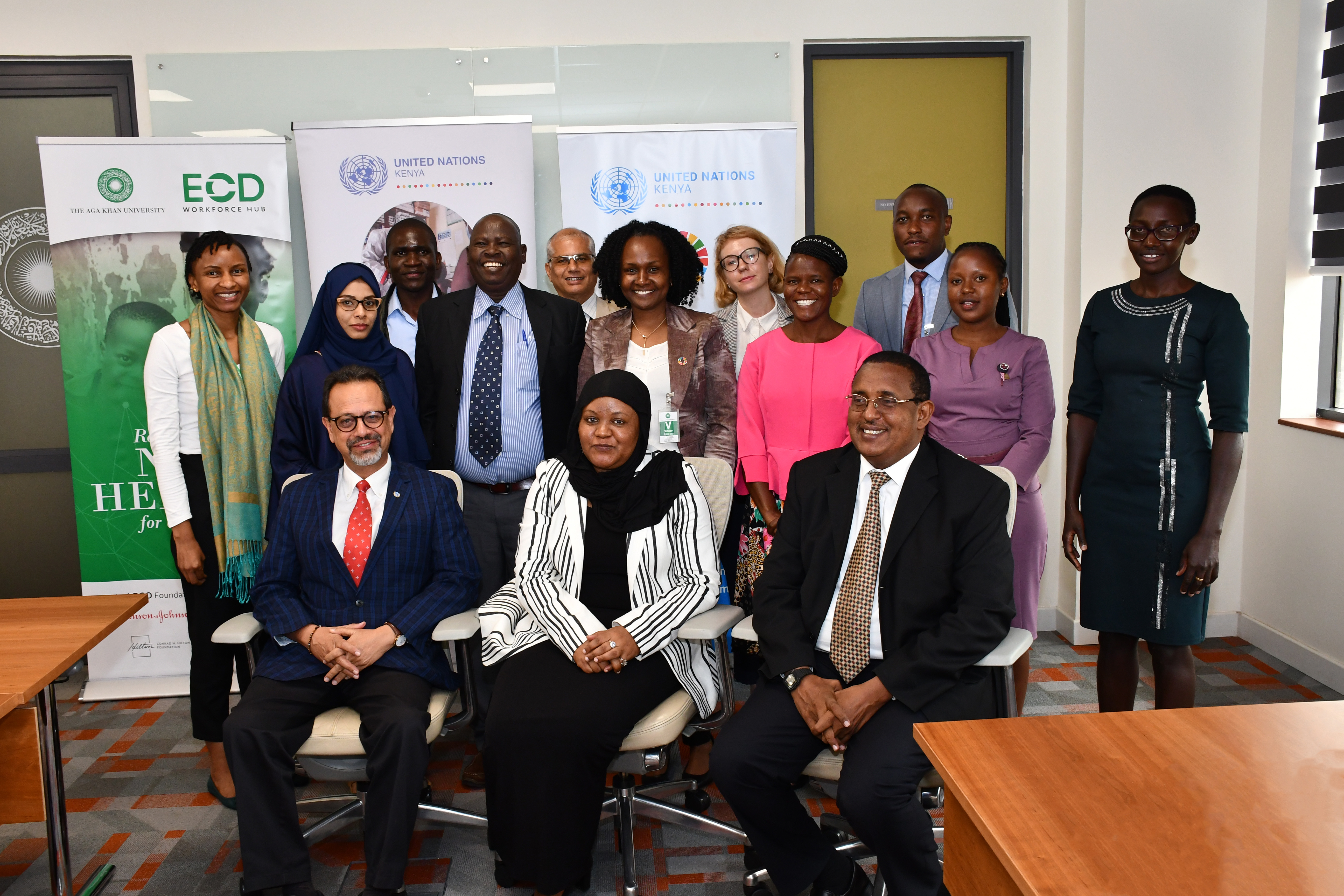Q&A with Darian Stibbe, Executive Director, The Partnering Initiative.
The Sustainable Development Goals have ignited the growth of a wide range of new development partnerships, from international networks to community-led multi-stakeholder alliances. One country in particular is standing out above the crowd in recognising the need for transformative partnerships: Kenya. So this country was a great choice for the first national training workshop for the Partnership Accelerator, working in close collaboration with the Kenya SDG Partnership Platform.
Firstly, what’s the Partnerships Accelerator?
The Accelerator is a major new collaborative initiative between UN DESA, The Partnering Initiative, UN Office of Partnership, UN Global Compact and UN DCO. Working at the country level, it aims to scale up partnerships for the SDGs by building capacities – both individuals and institutions – and supporting the development of national platforms that support partnering. The Accelerator’s agenda is unashamedly ambitious: to help build a common language for partnering and to develop far more partnership-supportive eco-systems in-country through a cascading, network approach.
What’s special about Kenya when it comes to partnering?
I think there are few key elements. Firstly, there is a lot of awareness from all stakeholders around the need for partnerships to deliver transformational development. This is in part down to the open dialogue with business that the government has fomented over many years, as well as the leading role of KEPSA, the Kenya private sector association.
Secondly, the President has taken a clear stance to set a priority agenda for the country, the so-called Big Four: health, nutrition, affordable housing, manufacturing. The SDGs can be overwhelming in breadth, and so difficult to drive a movement behind, but through the Big Four, he sets a vision which people can buy into. It makes it specific. Gives the country its unique set of polar stars.
Thirdly, the UN and the government working together to develop the Kenya SDG Partnership Platform, to be able to systematically catalyse collaboration for the SDGs, focusing initially on health. The Platform is genuinely a pioneer both in Kenya and also internationally – there are very few examples of such a dedicated resource being put in place to drive partnering.
Kenya was a logical first place for the first national workshop of the Partnership Accelerator.
Who attended the Partnership Accelerator National Workshop?
There was a fantastic range of participants – from government, the UN, NGOs, business, donors, and foundations. We were surprised at how high-level many of the representatives were, and at the fact that more or less everyone invited came. Both of those things are testament to the high regard in which the SDG Partnership Platform is held, as well as the strong appreciation of the need for more effective collaboration.
What did they get from the Partnership Accelerator Workshop?
What tends to be missing from partnering generally, and particularly when working across sectors, is a shared language and a common approach to partnering. There is plenty going on already in Kenya and most of the participants are highly experienced. However, the training provided them with clear and consistent frameworks, tools and processes for partnering, that partners can collectively follow, helping to ensure the partnering is far more systematic. It also provided the instruments to analyse their existing partnerships and approaches to improve.
Further, the workshop also helped to build a strong mindset for collaboration, including never settling for ‘good enough’, and instead being ambitious to maximise the creation of value for all, or to agree not to partner where insufficient value is created.
There’s no doubt the workshop also helped to further build relationships among the participants and, from their responses at the end of the workshop, it has spurred a new momentum both to improve existing, or develop new, partnerships, as well as promises to spread better partnering practice within their organisations.
What’s different about the Partnership Accelerator trainings compared with previous TPI trainings?
Firstly, it’s the geographic focus. The Partnership Accelerator is developing capacity for SDG partnerships at national or sub-national level; partnerships that build on the skills and resources available locally and together deliver can serious impact. This includes widening understanding of the range of resources all sectors bring to the table – particularly building greater understanding in traditional development actors that in an SDG world, money is likely the least interesting resource that business offers.
Secondly, it’s the focus on value creation, building on the work TPI undertook with World Vision and UNDESA to create a framework of the value a partnership can create (1+1>2) [Click here to view the Maximizing Partnership Value Creation Guidebook]. The trainings take value creation as the heart of partnering, introducing a new type of value maximisation negotiation skills, and new tools for predicting and assessing value.
Thirdly, it’s a much strong emphasis on system transformation: understanding the unique set of levers multi-stakeholder partnerships can bring to focus on root causes and transform an unsustainable system to a sustainable system providing ongoing benefits e.g. moving from a supply chain of low nutritional value produce, to one of biofortified produce.
And finally, it is looking more closely at the dynamic relationship in a partnership, that complex mix of trust and power, co-accountability, commitment, mutual benefit and cultural friction that needs to be kept in balance and / or be well managed.
How was the Partnership Accelerator Workshop received?
We were quite overwhelmed by the feedback we received, to the point of one participant describing it as a ‘life changing experience’. We managed to capture a number of video clips of the participants describing their experience during the workshop [Link]. The consistent message was that the workshop has inspired them and given them a whole new arsenal of tools and approaches to drive partnerships more effectively.
What next?
In Kenya – and indeed the other countries where the Partnership Accelerator will work – we’re hoping to build up a network of partnership champions – individuals acting as ‘partnership accelerators’ – who can continue to drive forward both the inspiration and approach to scale up partnering.
Internationally, in the next few months, we will be running national workshops in Thailand, Samoa and the Maldives and are getting more and more requests from countries around the world. The longer term plan is to build up a cohort of skilled Partnership Accelerator facilitators and trainers around the world, and scale the delivery of these workshops.
In the meantime, we will shortly be publishing a working draft of an entirely new guidebook on partnering for the SDGs and will continue to adapt it based on the experiences of the national workshops on ongoing inputs from colleagues around the world.
—
The 2030 Agenda Partnership Accelerator is a project by the Division for Sustainable Development Goals (DSDG) of United Nations Department of Economic and Social Affairs (UN DESA), in collaboration with United Nations Office for Sustainable Development (UNOSD), United Nations Office for Partnerships (UNOP), UN Global Compact, UN Development Coordination Office, implemented together with The Partnering Initiative, aims to significantly help accelerate and scale up effective partnerships in support of the 2030 Agenda for Sustainable Development. For more information, visit the Sustainable Development Goals Knowledge Platform.





